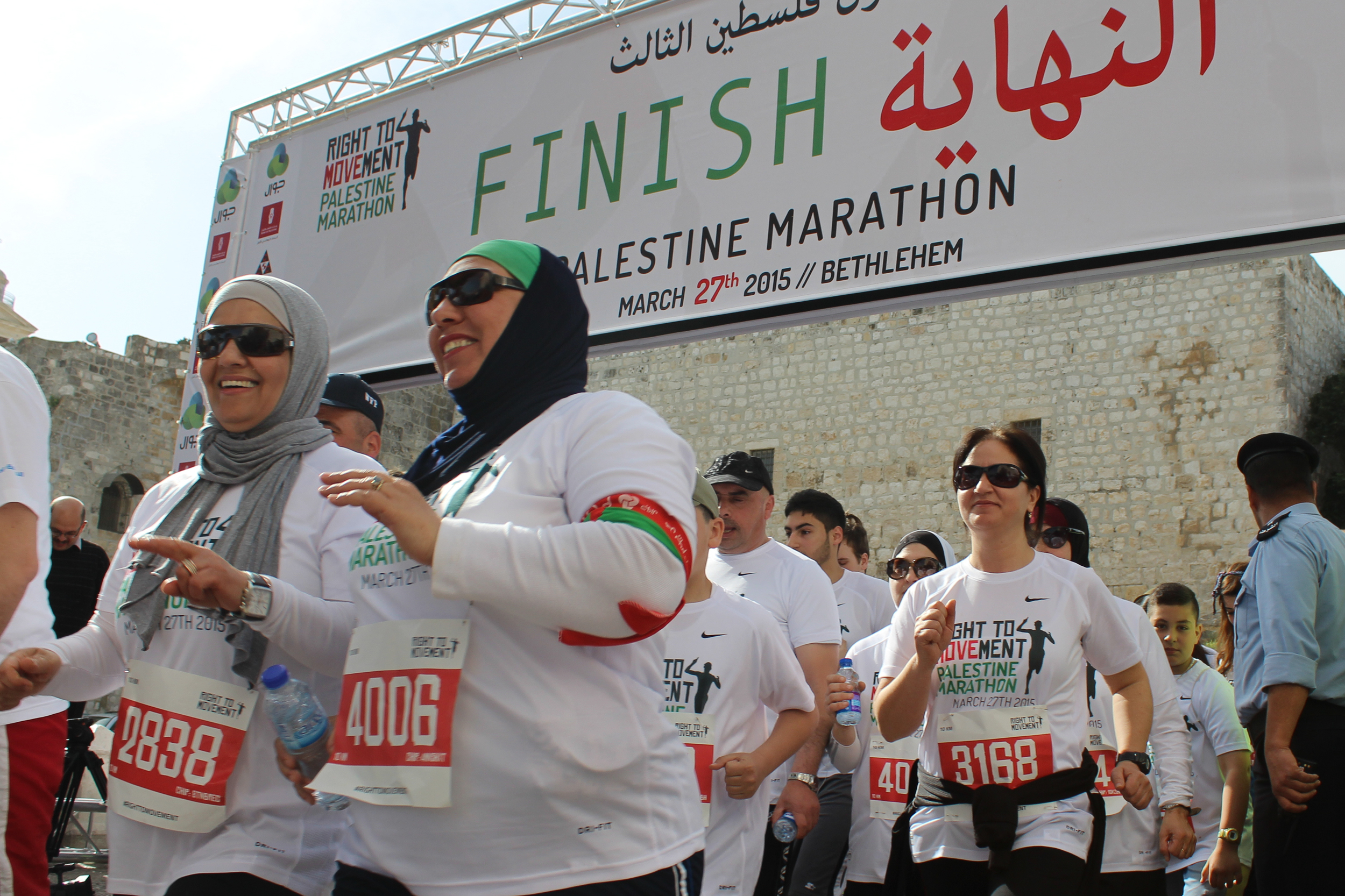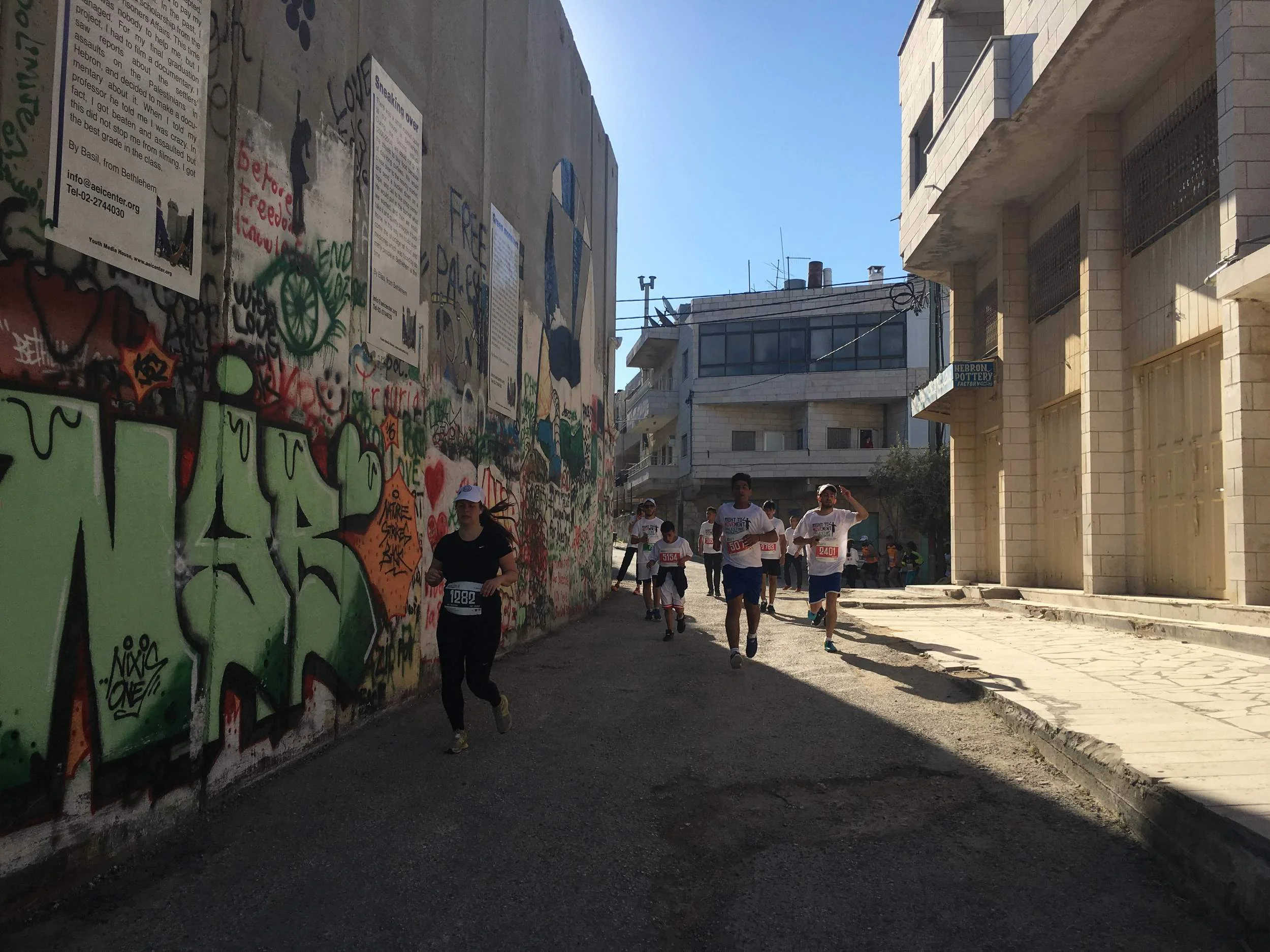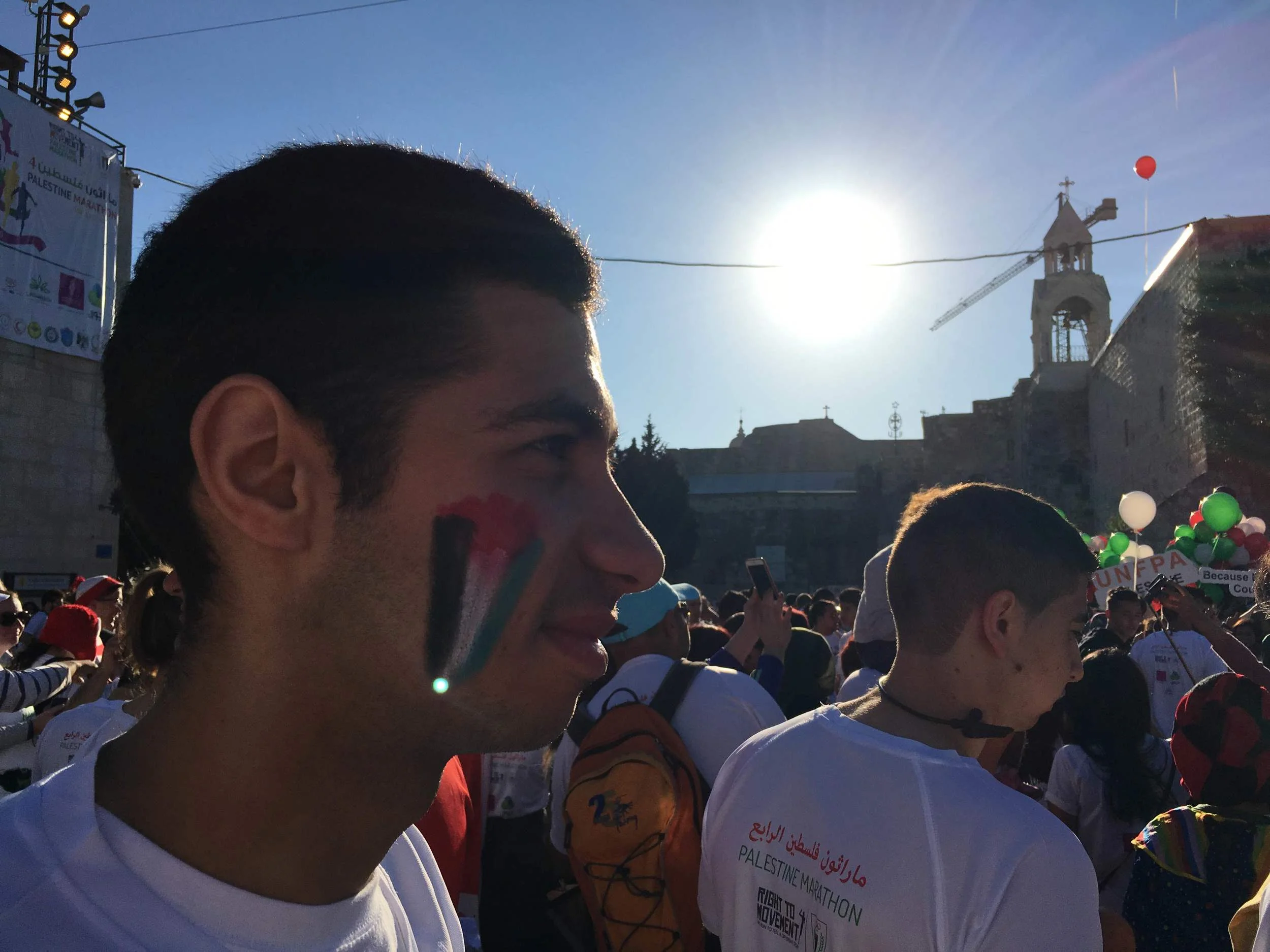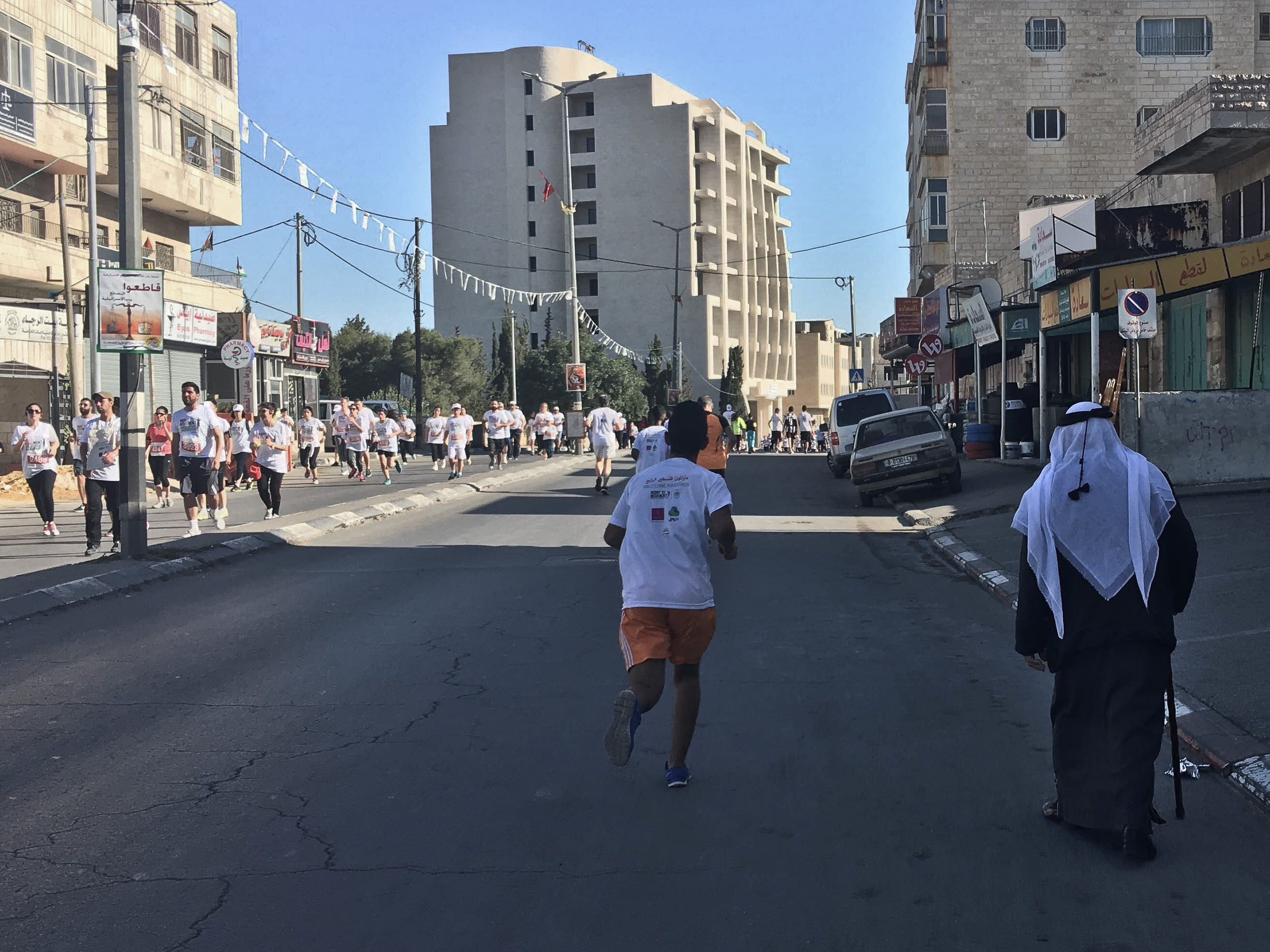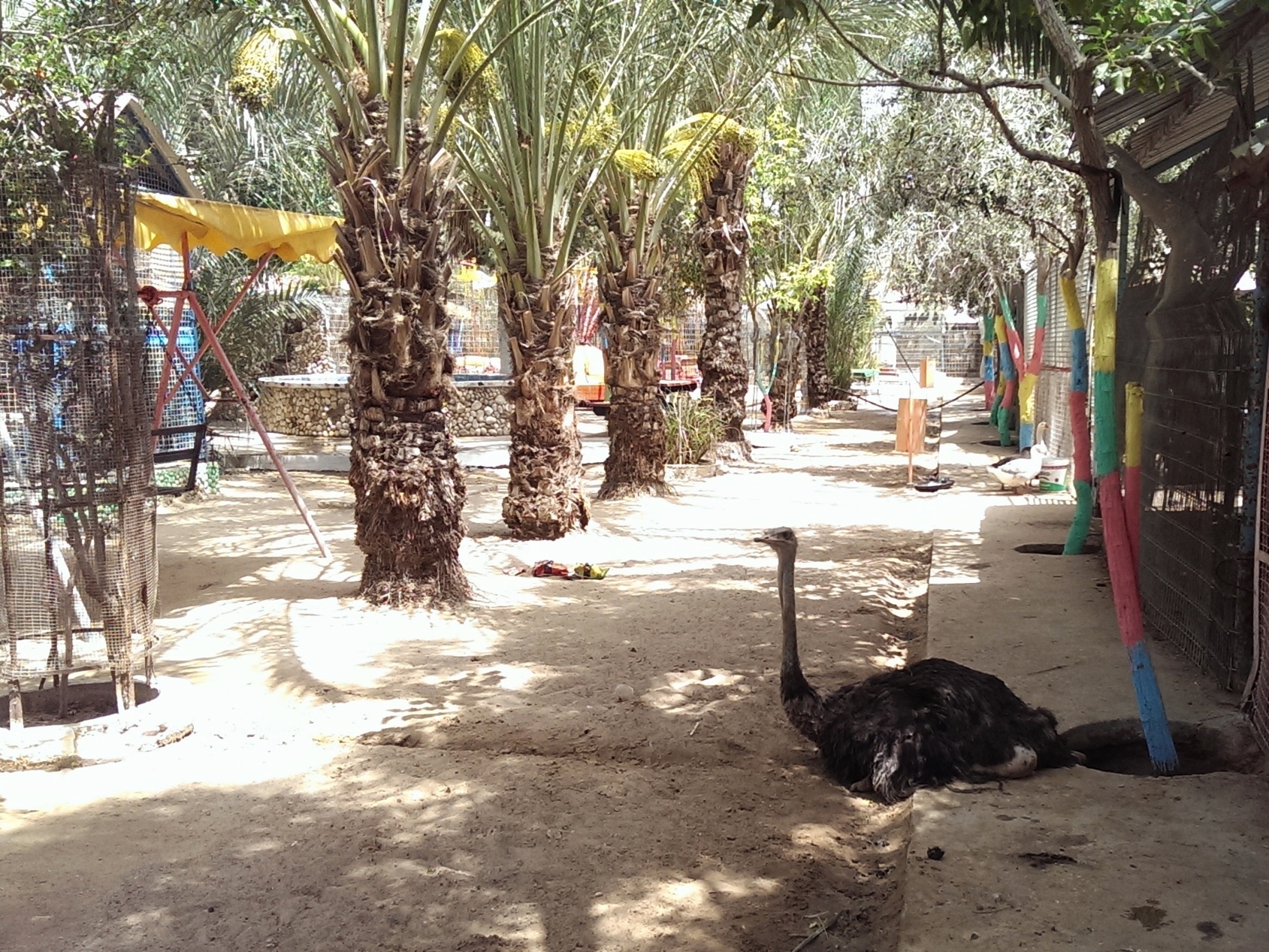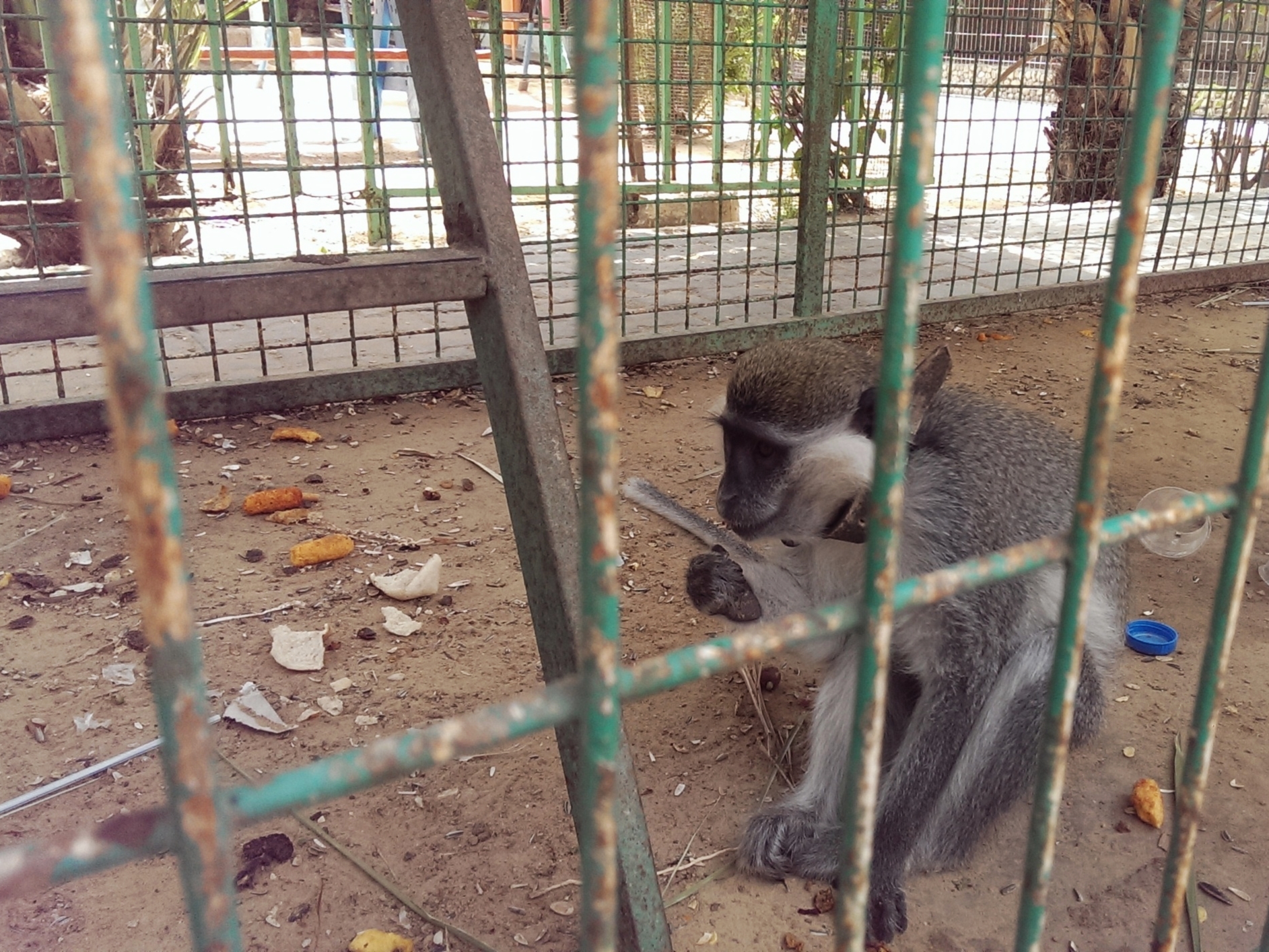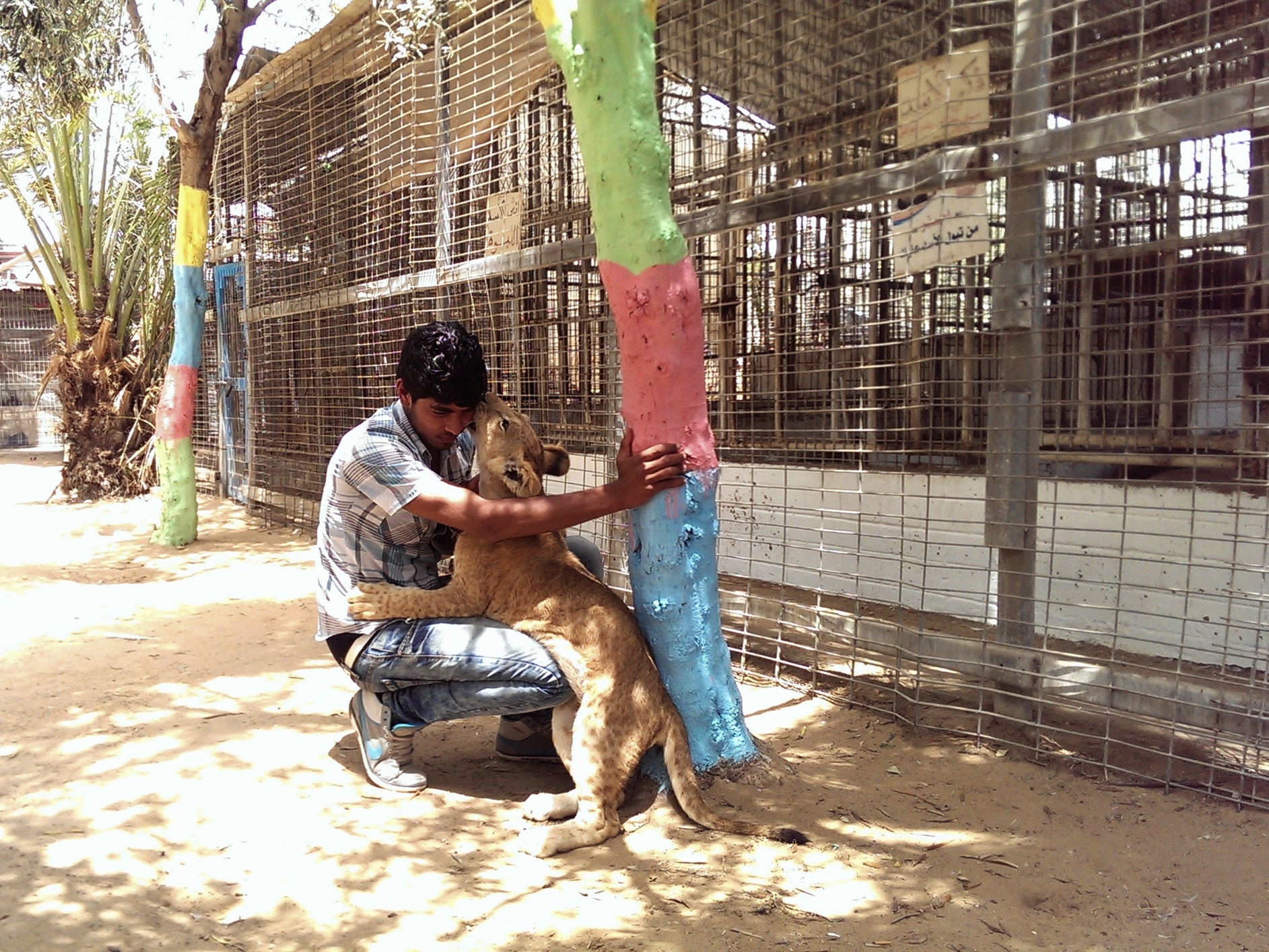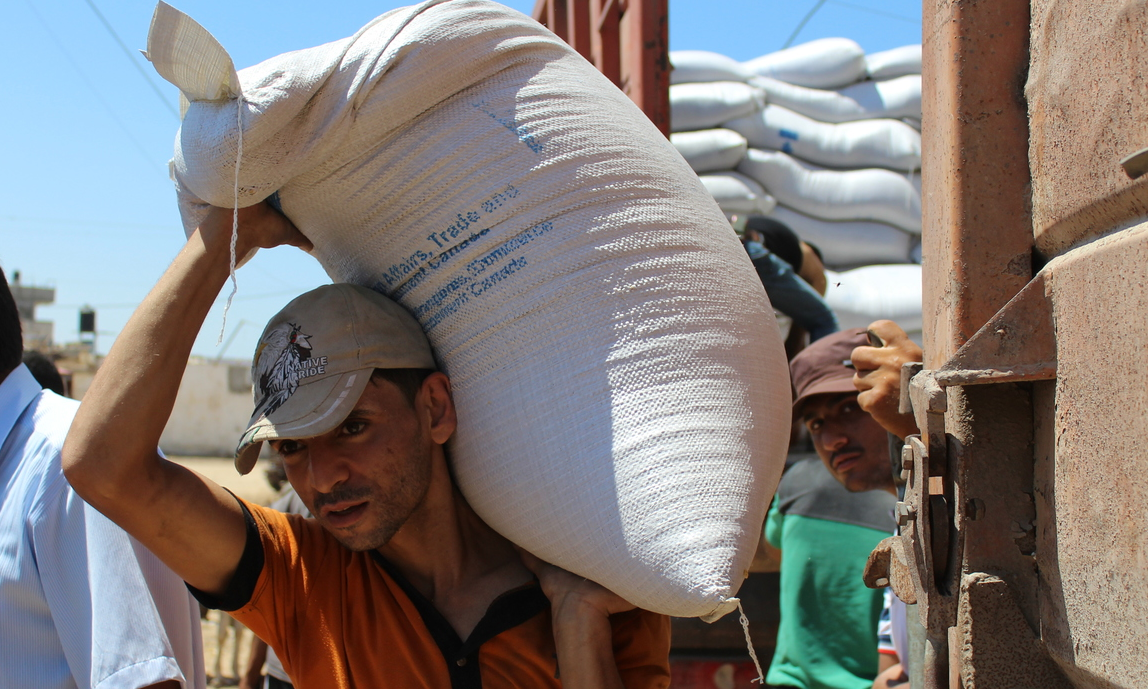GAZA CITY, Gaza Strip — After being declared dead earlier this summer, 9-year-old Louay is fortunate to be back home with his father and older brother, Odai, 13. But with their friends back in school this month, both boys are confined to the small, dark apartment where they live in al-Zaitun, a suburb of Gaza City, dealing with permanent disabilities from their recent injuries.
This summer’s 51 days of fighting between Israel and Hamas took a heavy toll on Gaza’s children, killing 501, according to U.N. figures. It injured an additional 3,374, and though the bombs have stopped, hundreds of those children, just like Louay and Odai, face an uncertain future as disabled.
Their story is one of two young lives changed in an instant. On July 21, Louay and Odai were at their aunt’s house preparing for iftar, the evening meal for breaking the fast during the holy month of Ramadan. Rockets suddenly hit the house, killing their mother, grandmother and aunt, who was pregnant, as well as her six daughters.
“The first rocket knocked me out, but when a second hit, I woke up, and when the third hit, I was running downstairs,” said Odai. “I saw that my little brother, Louay, was alive. I took him, and we ran together, but a canister of gas exploded and burned him.”
Their father, Zakarya Siyam, said he was preparing to go to the house when he heard on the radio that the home of his brother-in-law had been hit.
“I rushed to the house but didn’t find anyone. At the hospital I found them in pieces. Six children in small pieces of meat — also my wife and mother,” Siyam said with a blank expression in his eyes. The doctors were preparing to remove Odai’s leg because of shrapnel stuck in his knee and thigh.
“My father yelled at the doctors, ‘Don’t cut off my son’s leg,’” Odai recalled.
Although Siyam said Louay had been declared dead, he insisted he could feel a pulse. He put Louay in cold water and resuscitated him. After a week in intensive care, Louay opened his eyes. He sustained severe burns on most of his body and — more serious — pieces of shrapnel in his stomach and near his heart that doctors were unable to remove. Doctors have warned Louay against running or playing because of the risk of the shrapnel cutting his heart.
Odai, meanwhile, is in constant pain. Shrapnel crushed several bones in his leg, and he may never walk again.
Doctors told Siyam that both his sons need surgery abroad. But because Israel and Egypt have sealed all exits from Gaza, his only hope is that international organizations will facilitate and sponsor the needed treatment.
“They have already lost the most precious thing they had, their mother. I want to give them anything they ask for, but in Gaza there are no opportunities for treatment for my children. I’m an ordinary and poor man. In Gaza such people are neglected,” he said with exasperation.
Ismail Nasser is the chief pediatric surgeon at Al-Shifa, Gaza’s main hospital for trauma victims. Sitting in his office, he said most of the children he operated on during the war suffered severe injuries from shrapnel or from being trapped in collapsing houses.
According to numbers from Al-Mezan Center for Human Rights, 1,064 residential houses were targeted by the Israeli army, and 17,000 were damaged or destroyed since Israel launched Operation Protective Edge on July 7. As a result, multiple family members were often killed or injured in attacks, and more than half the fatalities occurred in or near their homes.
Like Louay and Odai, many children who sustained serious permanent injuries also lost one or both parents, Nasser said. Losing a primary caretaker, he explained, will greatly affect their futures, not only because of the psychological trauma but also because they now require extra physical care.
“If, for example, you remove the spleen of a 5-year-old, he will suffer from low immunity and it is not easy to deal with,” Nasser said. “Or a patient who has lost a lower limb, for example, will need extra help.”
Many children, like the Siyam brothers, have witnessed six military operations in Gaza in eight years, which injured more than 5,000 children and has left a disproportionately high number of disabled among Gaza’s youngest generation.
“There is a huge number of children with special needs for rehabilitation, prosthetics, surgery and medical care,” said Steve Sosebee, president of the Palestinian Children’s Relief Fund (PCRF). The Israeli military’s destruction of Gaza’s only rehabilitation clinic, Al-Wafa hospital, has made the situation that much more critical, he added.
“Even if we have the resources to pay for services for children who need them, the place they would go for rehabilitation doesn’t exist anymore,” he said.
The PCRF takes medical teams to Gaza, arranges treatment abroad for children and supplies children with disability aids. The organization is waiting for a shipment of about 400 wheelchairs, but Sosebee said its efforts are far outmatched by the needs.
Many disabled children will face difficulties carrying out daily activities as they return to neighborhoods where houses are severely damaged and cut off from electricity and water and roads are blocked by rubble.
In 2011 a survey by the Palestinian Central Bureau of Statistics showed that more than half of Gaza’s disabled said they had difficulty performing duties outside their homes or just crossing the road. It concluded that 2 in 5 disabled people age 15 or older had never enrolled in school, leaving more than half of them illiterate and 90 percent unemployed.
Khalil Amer Jadily, who lost both his legs during an Israeli airstrike on his family’s home in the Bureij refugee camp during Operation Cast Lead in 2009, is trying to defy those statistics.
“When I woke up at the hospital, I saw my legs lying over my chest, and a person told me to pray to God for recovery,” recalled Jadily, who’s now 22. “I thought I would die. And even in this war I thought I would die.”
With help from the PCRF, he traveled to Dubai in 2010 to get prostheses. A year ago he started studying business administration at the Islamic University of Gaza and said he likes to swim whenever possible.
Though Jadily survived the bombs raining on Gaza this summer, his prosthetic legs didn’t. He left them and his wheelchair behind when he and his family were evacuated before the Israeli land invasion. When he returned, most of his neighborhood had been razed. He now uses an old, rusty wheelchair held together with blue tape.
He sympathizes with the many children whose lives were changed forever this summer.
“I feel sad when I think of the young children who got disabled,” Jadily said. “They will feel like they have died, but though they will never have a normal life, they will hopefully learn to live with it.”
Read more

